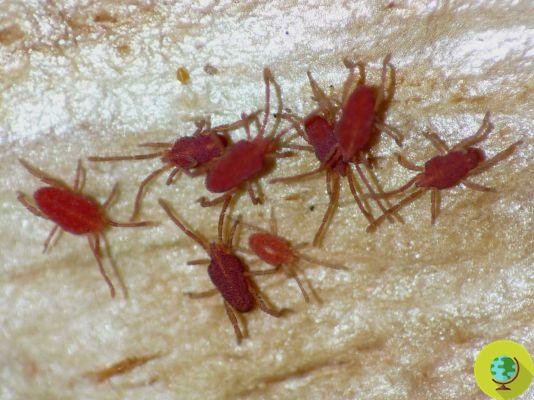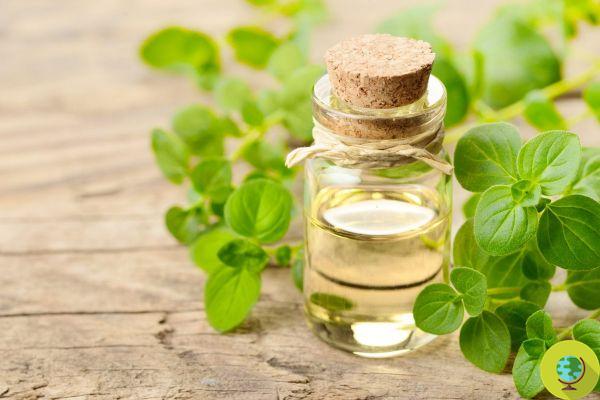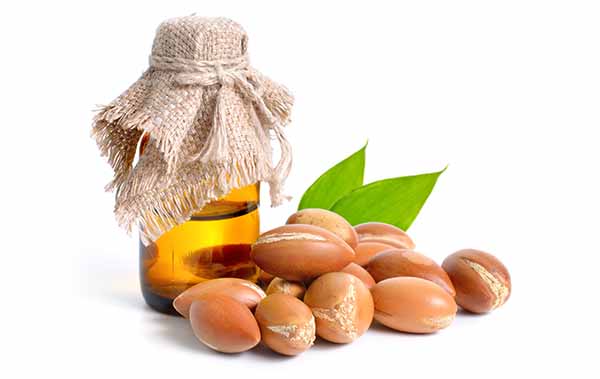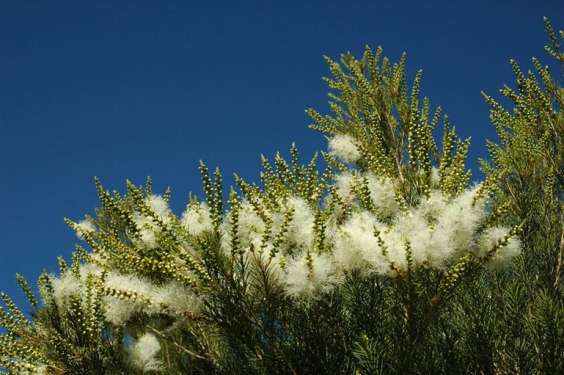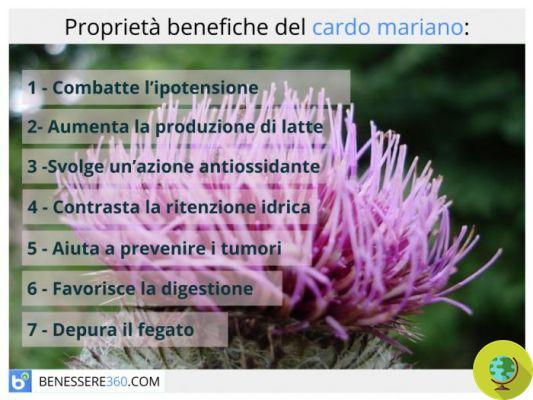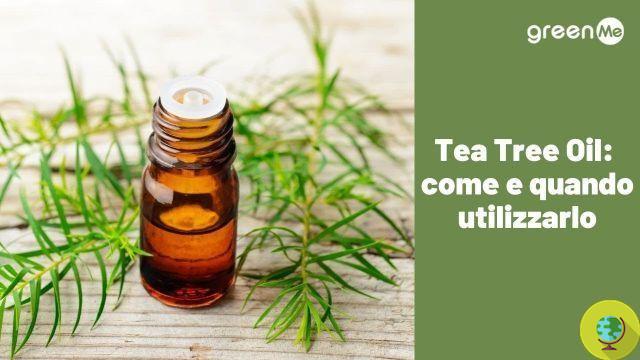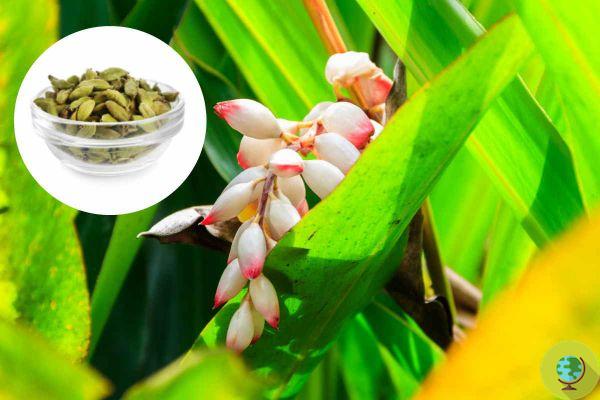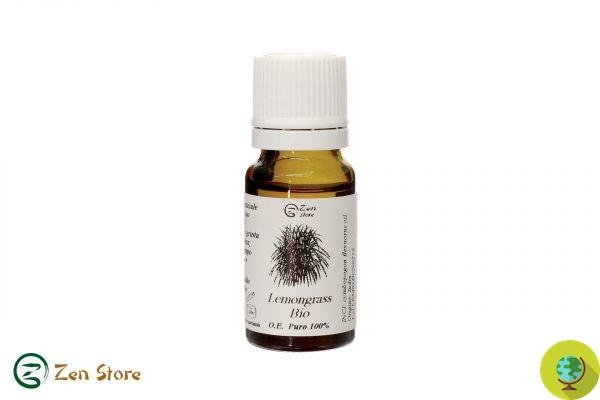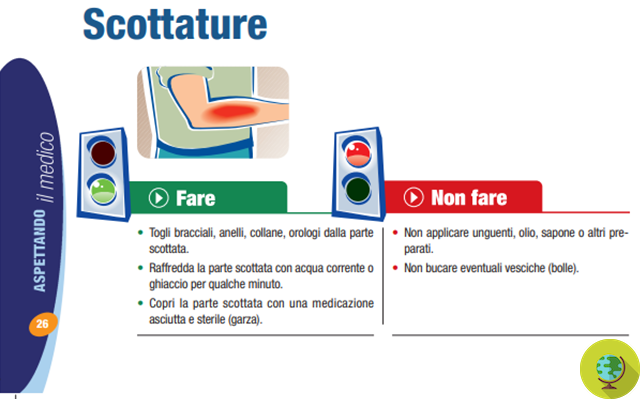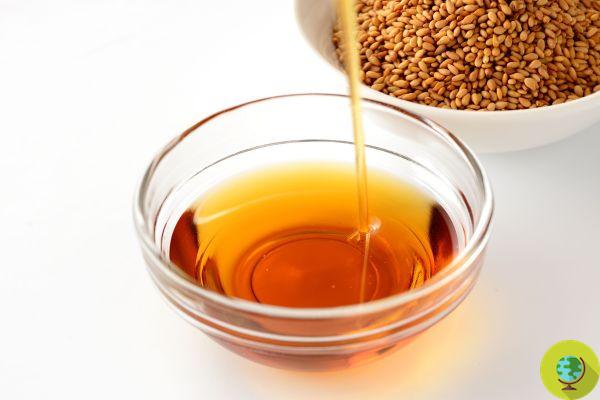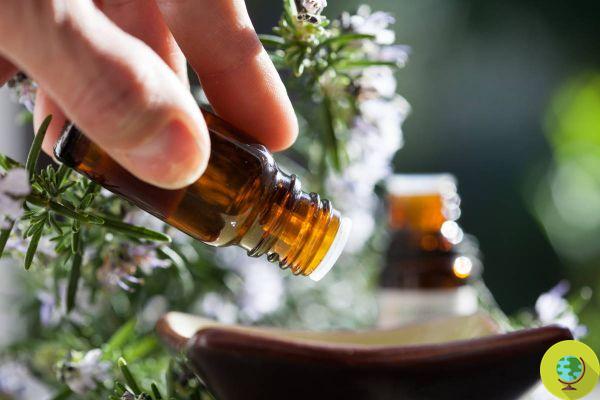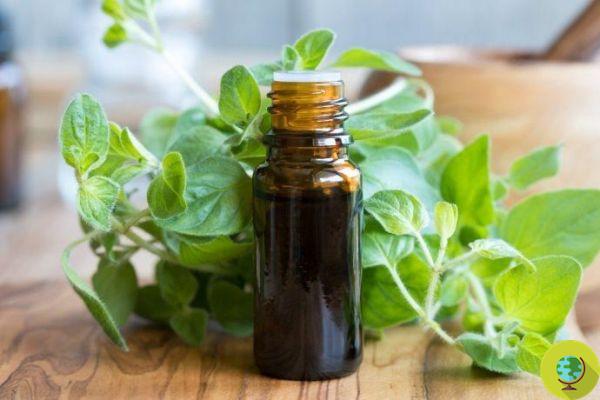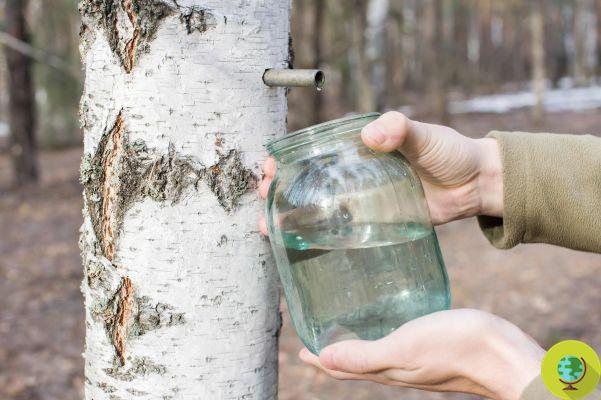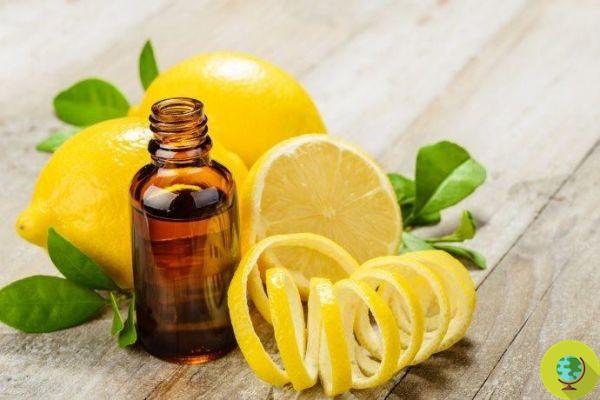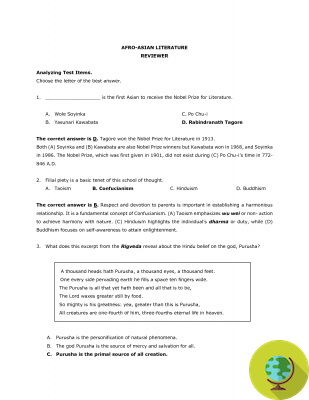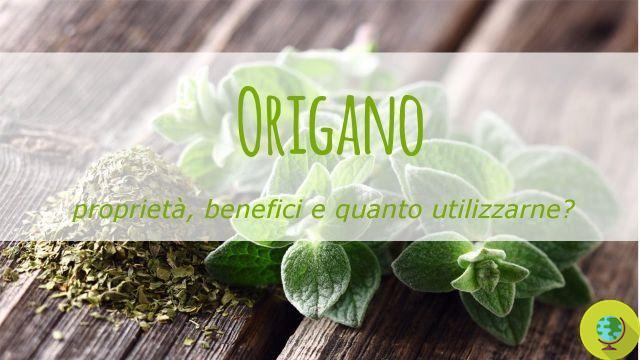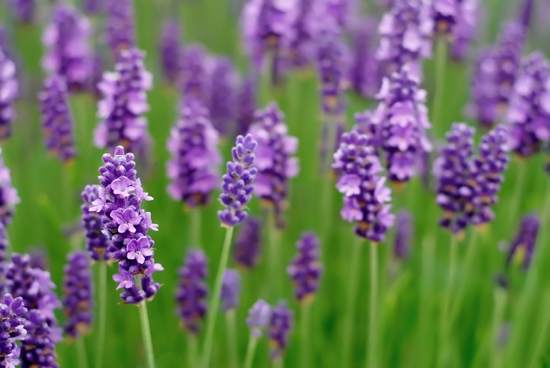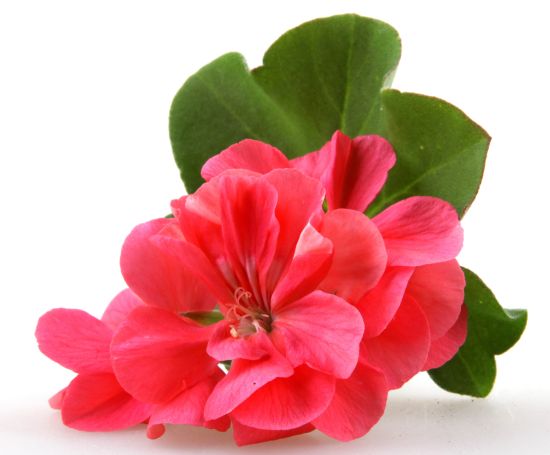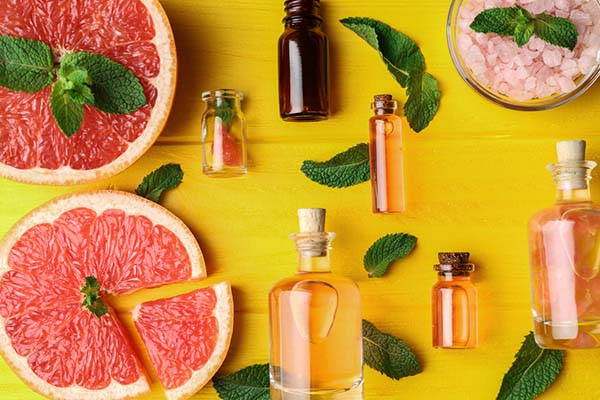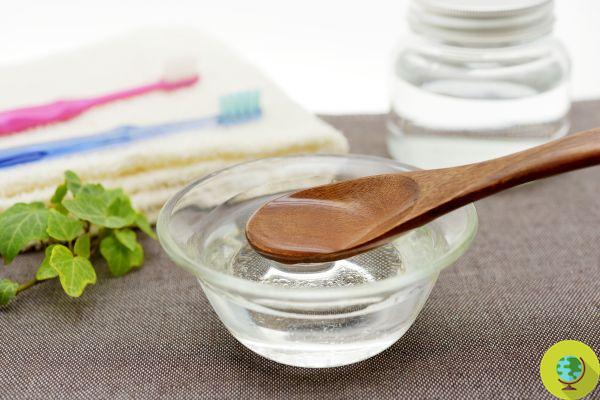
Oil pulling is an ancient Indian technique to eliminate bacteria and toxins that settle in the mouth during the night. But does it really work? What does science think?
He is about to end up run over, his mother saves himTHEoil pulling it is a practice of millenary tradition, useful to keep the oral cavity sanitized through simple rinses made in the early morning using sesame oil or other vegetable oils (coconut, sunflower). This practice, originally from India, has also intrigued science in recent years, committed to understanding how much truth there is actually in the benefits that this technique can offer.
According to Ayurvedic medicine, in the morning on an empty stomach you should clean your tongue well with an inverted spoon or a tongue cleaner and then proceed with some rinses with sesame oil, useful for eliminating all bacteria and toxins that have deposited in the mouth during the night. Those who are at the beginning can do oil rinses for only 5 minutes but the goal is to slowly reach 15 20-minute, after this time the oil becomes more viscous and whitish, so it has done its job and you can spit it out.
This technique not only exploits the properties of the oil but also its being "grasso”Therefore able to engulf toxins inside to be able to eliminate them better.
Dentists are often skeptical of this technique which, however, we would like to clarify, does not want to replace the care of specialists. It is in fact a form of prevention and hygiene useful for eliminating some bacteria present in the mouth associated for example with bad breath or gingivitis. Therefore, the traditional rules of dental hygiene should not be excluded: brushing your teeth, flossing and making regular visits to the dentist.
But let's see what science thinks. A study conducted a few years ago on this subject was conducted by the Department of Microbiology of VHNSN College in Virudhunagar (India). Two groups of volunteers were sampled: the first was rinsing with sesame oil and the other with an antibacterial mouthwash. What was noticed is that the group that used the oil pulling technique had obtained the same result as those who had used the mouthwash: the total number of bacteria causing tooth decay and halitosis had been greatly reduced.
More recently, Michelle Hurlbutt, associate professor of dental hygiene at the University of Loma Linda in California, carried out a small pilot study to evaluate the effectiveness of this technique. As a sample this time they were taken 45 healthy young adults who had high levels of bacteria in their mouth and that they weren't taking antibiotics or using antibacterial toothpastes. The youngsters were divided into 3 groups: one used sesame oil, another coconut oil and the last, the control group, plain water.
What the researcher was able to highlight is that by constantly using oil pulling made with sesame oil, Streptococcus mutans bacteria (associated with the presence of caries) were reduced by 5 times compared to those who used water, while with coconut oil a 2-fold reduction was obtained. However, the interruption of just one day was enough to gradually increase the level of bacteria present in the mouth.
The researcher has not published her study as it was made for the use of her students but considers it "promising" to better analyze the potential of this very simple technique on a larger scale.
You may also be interested in oil pulling:
- Oil pulling: 10 health benefits for the whole body
- The two things you should do every morning on an empty stomach to detoxify starting from the mouth
- How to use coconut oil to whiten teeth
- 10 things to do in the morning to stay fit and healthy
- 10 natural methods to detoxify the body




